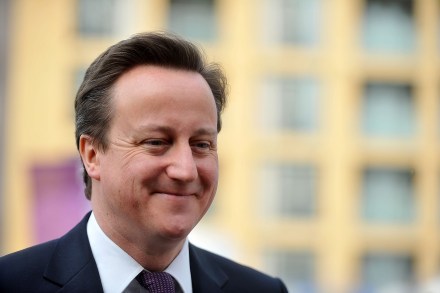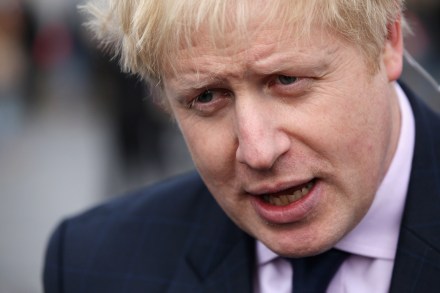Planet London & Planet Edinburgh
Sure, the Economist’s cover story has received heaps of attention these past few days but it’s not the most interesting or even the most important cover story published by a British political magazine last week. Though I would say this, Neil O’Brien’s “Planet London” article for the Spectator is the piece the Scottish National Party should be more interested in. O’Brien makes a compelling case that London is now, more than ever, a place apart. Its triumph is both magnificent and dangerous. Magnificent because London is, in ways scarcely conceivable forty years ago, a global behemoth; dangerous because of the distorting effect this must have on British politics. In significant

















